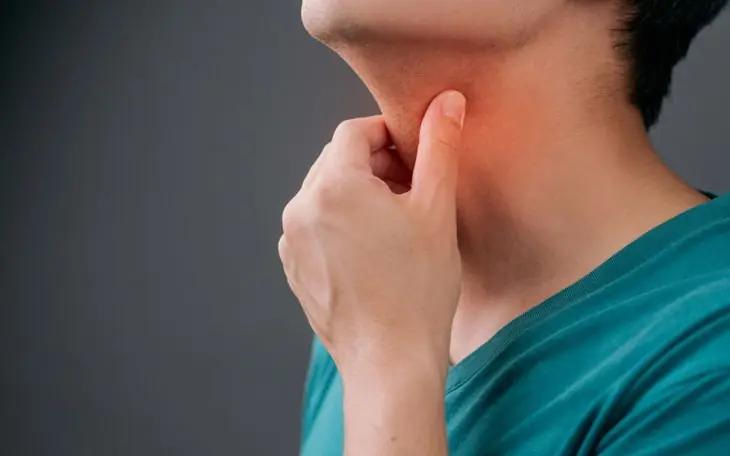
A recent study has uncovered a key switch in aging—and it all comes down to a structure inside your cells called the nucleolus
Aging has long been considered one of life’s most inevitable processes—slow, steady, and irreversible. For decades, scientists have tried to understand what causes the body to age at the cellular level. Now, a groundbreaking new study may have found a crucial “switch” in the aging process, and surprisingly, it lies within a tiny, often-overlooked structure inside our cells: the nucleolus.
The nucleolus is a dense region found inside the cell’s nucleus. For years, its primary known function was to produce ribosomes, the molecular machines that build proteins—essential for almost every biological function. But recent research, published in the journal Cell, suggests that the nucleolus is far more than a cellular factory. It may be a key regulator of longevity, acting like a dial that influences how quickly—or slowly—cells (and by extension, our bodies) age.
The study, conducted by a team of researchers at Harvard Medical School and the Max Planck Institute for Biology of Ageing, found that the size and activity of the nucleolus is directly tied to the aging process. In short: the larger and more active the nucleolus, the faster cells tend to age. Conversely, a smaller, quieter nucleolus was associated with longer cell life and improved function.
Lead researcher Dr. Anastasia Vlasova explained:
"We were surprised to discover that by simply reducing the activity of the nucleolus, we could dramatically extend the lifespan of certain cells in laboratory models. It appears that the nucleolus acts like a cellular thermostat for aging."
The team used a combination of genetic tools, imaging techniques, and cellular analysis to observe changes in the nucleolus across various organisms—from yeast to worms to human cells. Remarkably, the correlation held true across species. Organisms with smaller nucleoli lived significantly longer, while those with overactive nucleoli showed signs of premature aging, such as increased DNA damage, inflammation, and reduced cellular repair.
So, how exactly does this work?
The nucleolus’s role in making ribosomes means it’s central to protein synthesis. While that might sound beneficial, making too many proteins can actually overwhelm the cell, especially as it ages. Overproduction can lead to errors in folding and function, clogging up the system and causing cellular stress. By dialing down the nucleolus, cells reduce this burden, allowing more energy to go toward repair and maintenance rather than constant production.
These findings not only give us a new perspective on aging but also suggest a potential therapeutic target. If scientists can develop safe methods to subtly reduce nucleolar activity in human cells—perhaps through medication, diet, or genetic modulation—it might be possible to slow aging or reduce age-related diseases, such as Alzheimer’s, cardiovascular disease, or certain cancers.
Interestingly, this discovery also adds weight to previous studies showing that caloric restriction, known to extend lifespan in animals, also results in smaller nucleoli. This suggests that lifestyle interventions may already be influencing the nucleolus, albeit indirectly.
Dr. Vlasova and her team caution that more research is needed before applying these findings to human treatments, but the implications are profound.
"Aging is incredibly complex," she says, "but our study shows that some of that complexity may stem from a surprisingly small place. Understanding the nucleolus could open doors to entirely new strategies in age-related medicine."
In conclusion, the discovery of the nucleolus as a possible master switch for aging could transform how we approach longevity and health. What was once seen as a minor cell component may, in fact, hold the secret to living longer and healthier lives. In the microscopic world of our cells, the tiniest structures may have the biggest impact.
News in the same category

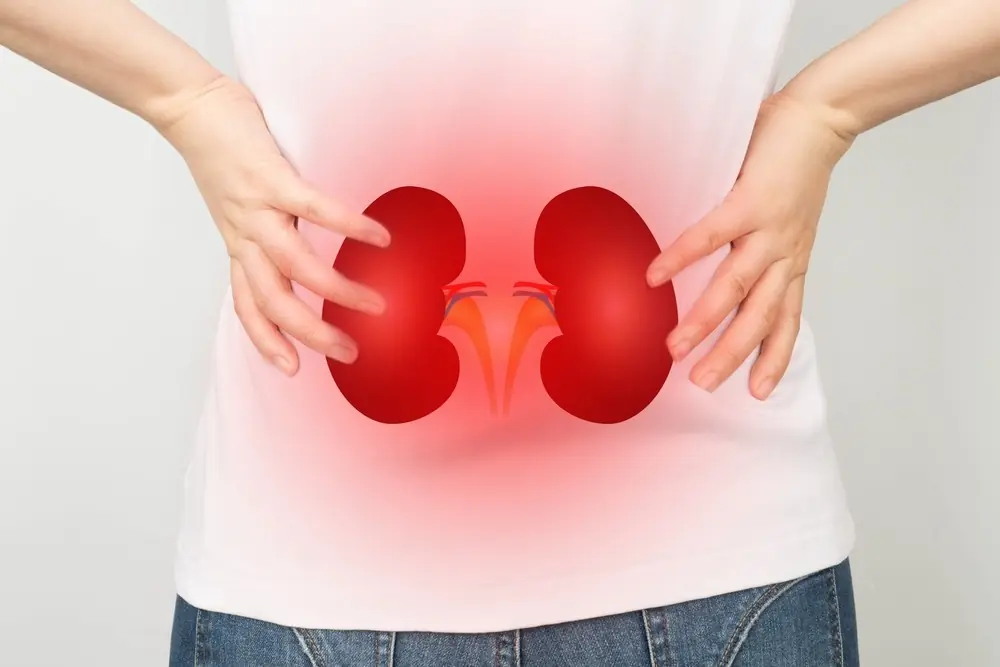
5 Signs of Kidney Failure That You Should Never Ignore – Bad Breath Even After Brushing Could Be One
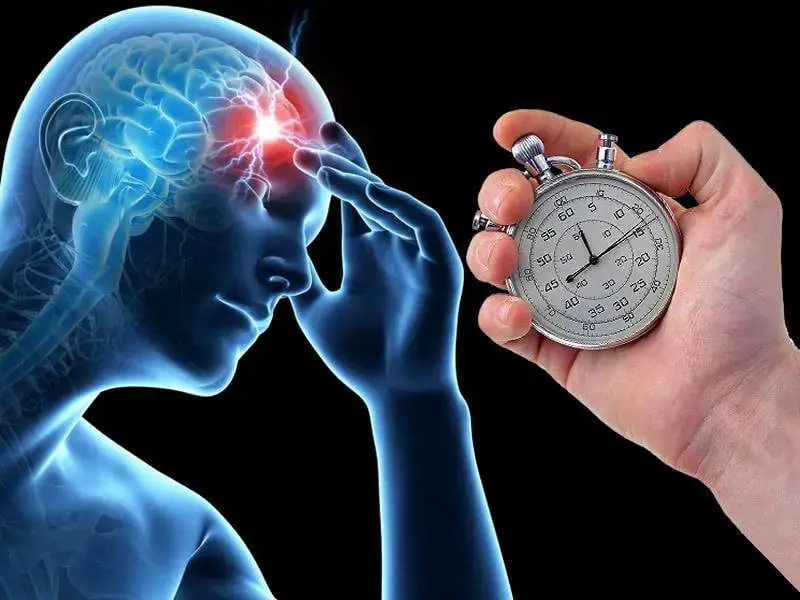
About 15 Minutes Before a Stroke, the Body Often Sends 4 Clear Warning Signs: Call for Help Immediately
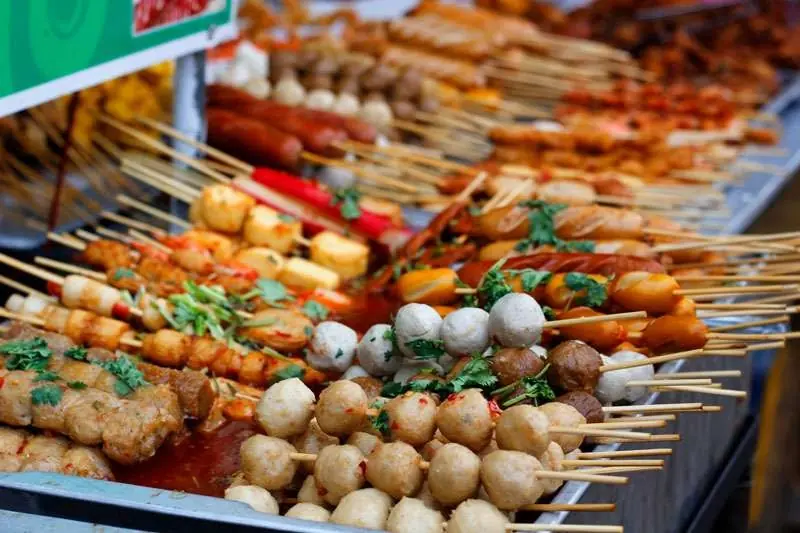
9 Food Combinations That Can Become 'Toxic'—Some Even Classed as Group A Carcinogens: Doctors Advise Avoiding
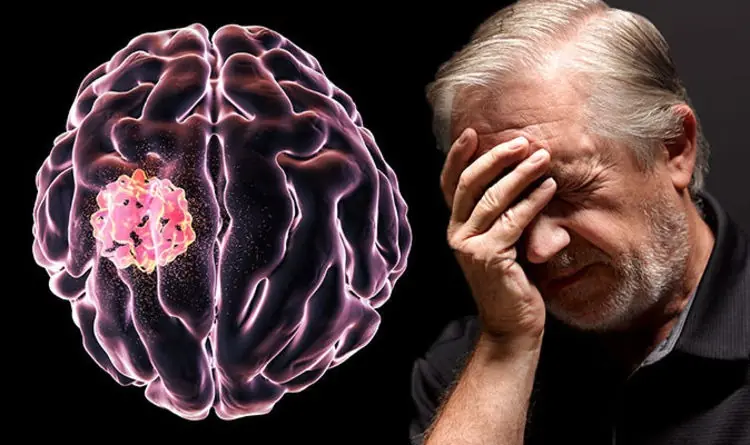
Age 40 Is a Critical Turning Point for Longevity: 4 Sleep-Related Signs That May Indicate Shorter Lifespan and Health Risks
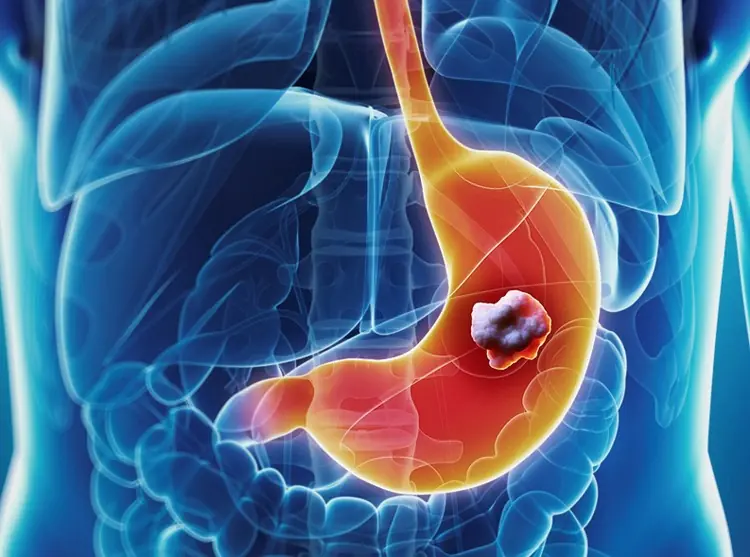
7 Early Signs of Stomach Cancer Everyone Should Know to Prevent Metastasis

🧠 How Your Brain Today Reflects Your Habits from Two Weeks Ago

💤 The Science of Dreaming: Why Do We Dream?

Too Much Salt May Lead to Depression, New Study Suggests
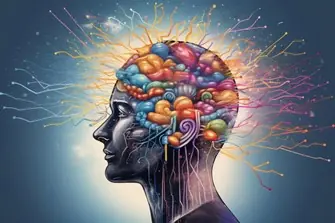
New Study Reveals: Memory May Be Stored in Cells Beyond the Brain
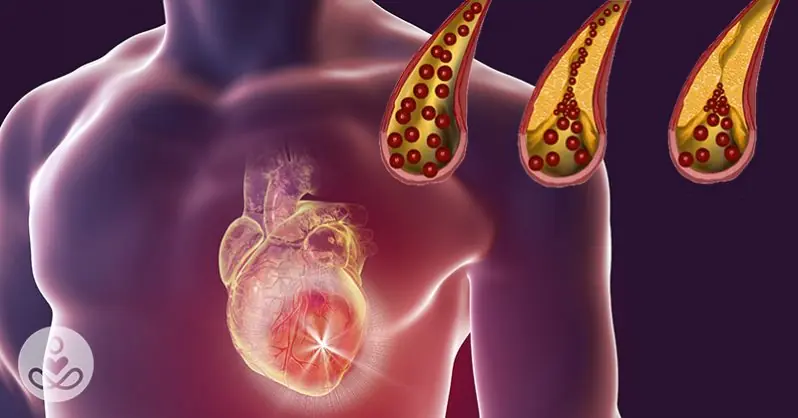
10 Foods You Should Eat Daily to Keep Your Arteries Clean

The Sleep Position That Could Be Quietly Damaging Your Health, According to Experts

Shocking Cancer Diagnosis at 44 Raises Alarms About a Popular Daily Sandwich Ingredient
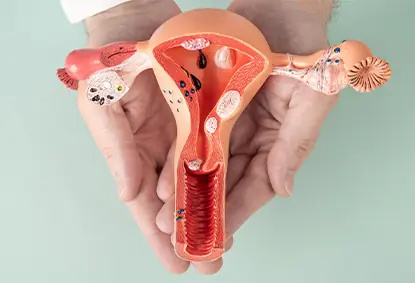
Understanding Uterine Fibroids: Causes, Symptoms, and Treatment Options
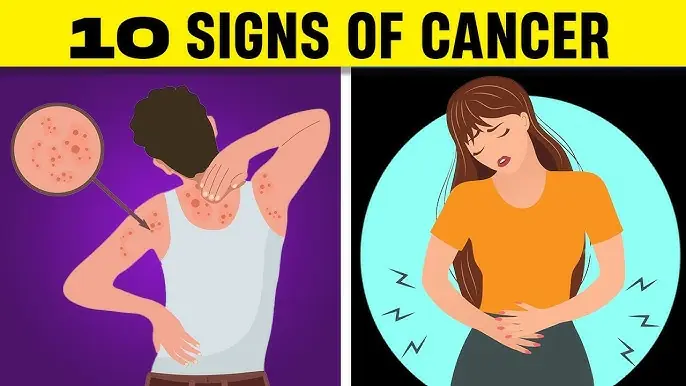
Is Your Body Trying to Tell You Something? 15 Early Signs of Cancer

If You Suddenly Wake Up Between 3:07 and 3:15 AM, You Should Be Extra Cautious
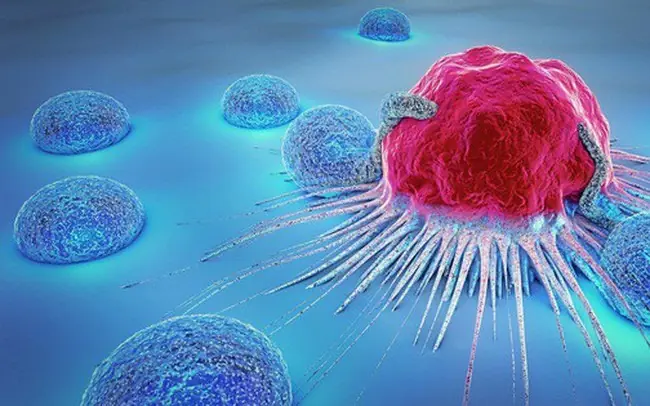
Discovery of a Drink That Helps “Push Back” Cancer: It's Not Tea or Coffee

One Year Before Death: The Body Often Shows 5 Warning Signs!

Revolutionary HIV Treatment: Lenacapavir Achieves 100% Clinical Efficacy
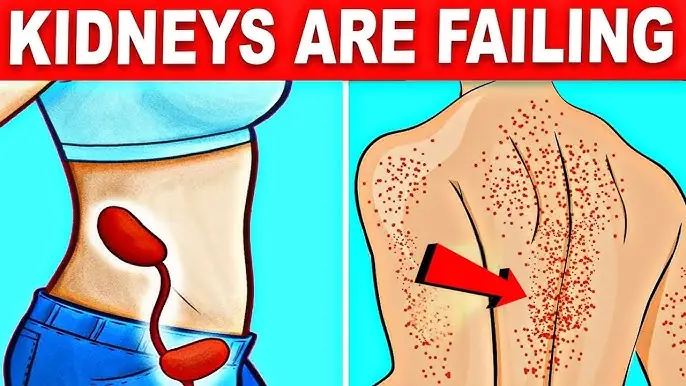
10 Warning Signs Your Kidneys May Be in Trouble
News Post

No, dear mother-in-law, I bought this apartment before the marriage, so pack your things,” I made it clear that her behavior was unacceptable to me.

The wife had been silent for a year, hosting her husband’s relatives in their home, until one evening, she finally put the bold family members in their place.

My mother-in-law discovered two children in an abandoned well, brought them to me, and entrusted me with their upbringing. I raised them as my own.

After the death of her mother-in-law, Valya arrived at the notary office where the reading of the will was to take place.

The hungry girl asked the baker for a slice of bread, but she didn’t eat it. The baker was surprised when he found out why.

A 40-Year-Old Man Died from a Sore Throat After 7 Rounds of Chemotherapy – Doctors Urgently Warn: Throw Away These 2 Items from Your Fridge

5 Signs of Kidney Failure That You Should Never Ignore – Bad Breath Even After Brushing Could Be One

About 15 Minutes Before a Stroke, the Body Often Sends 4 Clear Warning Signs: Call for Help Immediately

Russian Scientists Revealed The Most Powerful Discovery In The History Of Mankind

Scientists Warn Italy’s Phlegraean Fields Supervolcano Is Stirring, Raising Global Alarm

My Entitled SIL Erased Us from Her Wedding – I Didn't Let Her Get Away with It
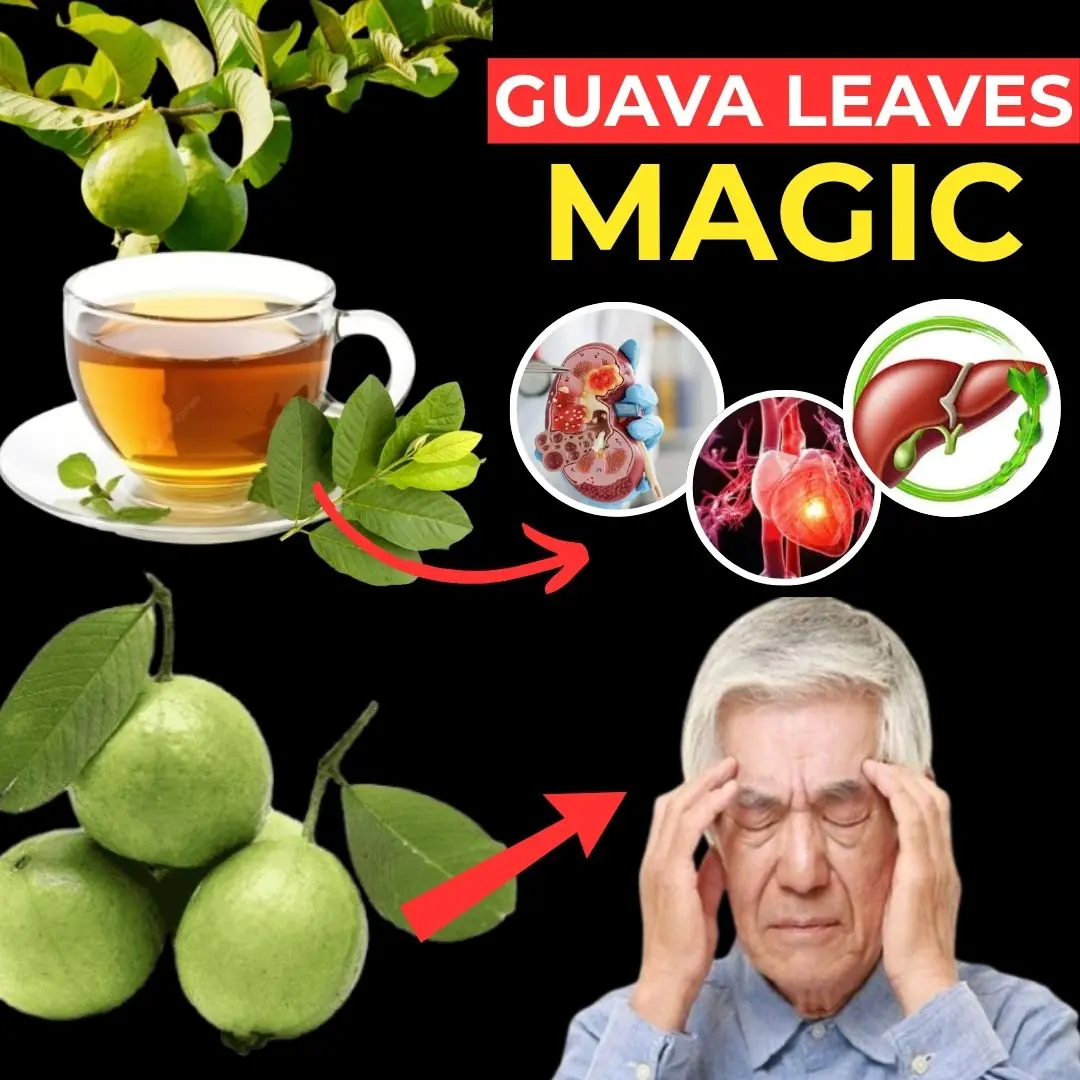
Incredible Benefits of Guava Leaves | 11 Reasons To Drink Guava Leaf Tea Daily

My Sister Hijacked My Wedding for Her Pregnancy Announcement – I Waited Until Her Gender Reveal & Got the Last Laugh

My Pregnant Sister-in-Law Turned Me into Her Maid – I Played Her Game Until She Crossed the Line
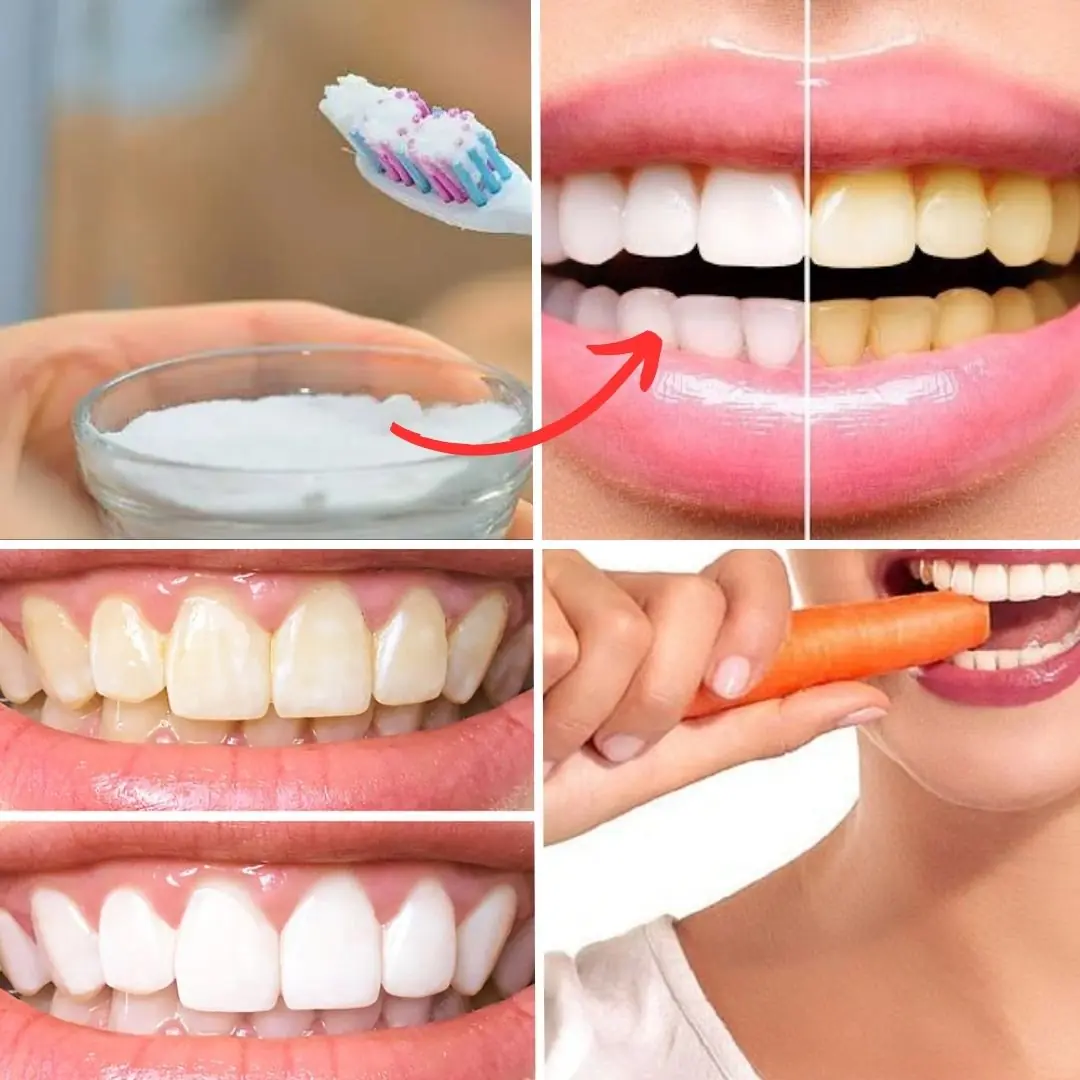
11 Natural Ways to Whiten Your Teeth Using Everyday Ingredients

I Was Cleaning out After My Divorce and Tossing Old Documents Into the Fire When One Letter Stopped Me Cold

I Cut My Niece Off from the College Fund After I Overheard Her Conversation with My Ex-wife

🥤15 Surprising Benefits of the Juice You’ve Never Tried – Onion, Pineapple & Honey
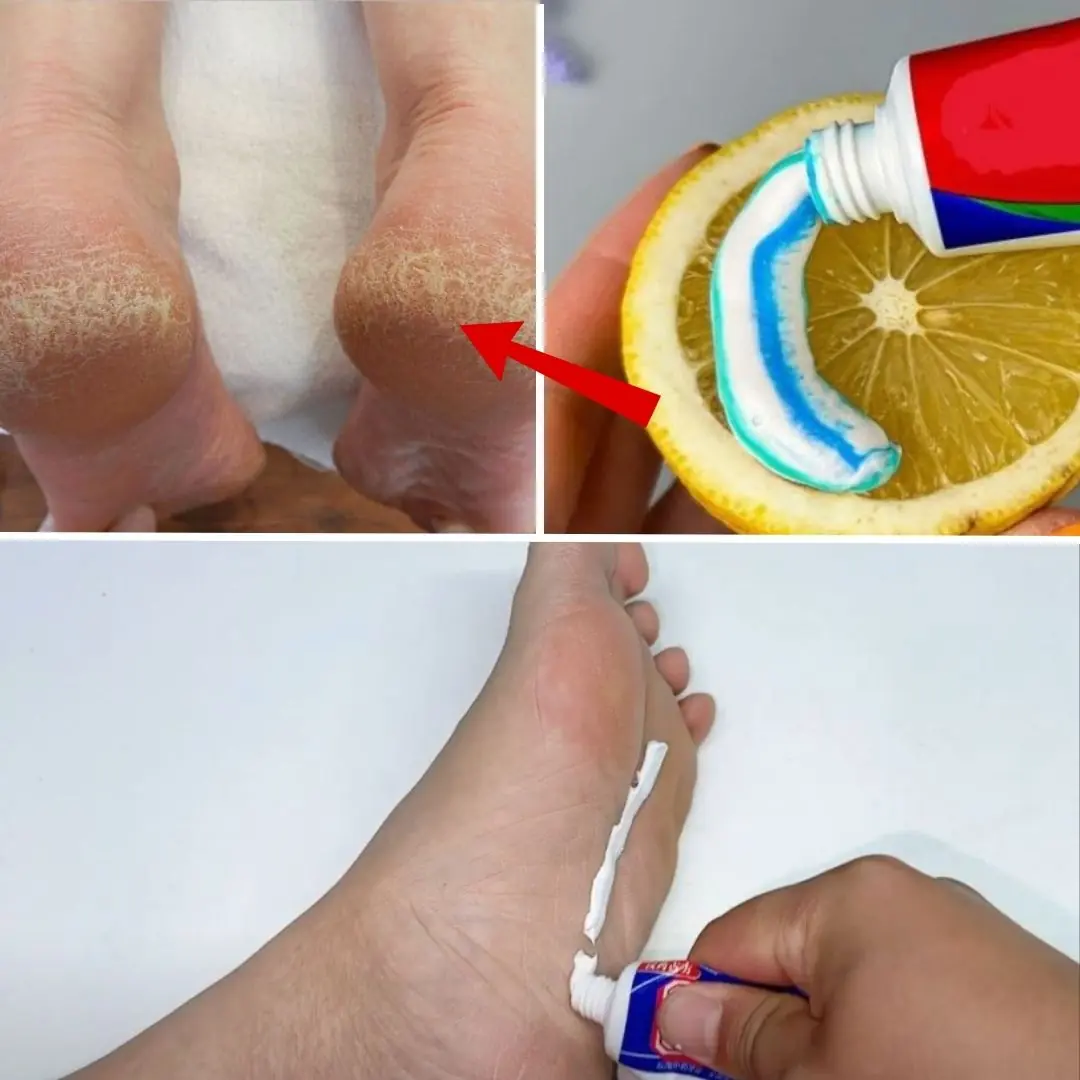
Toothpaste: The Secret to Happy Feet!
